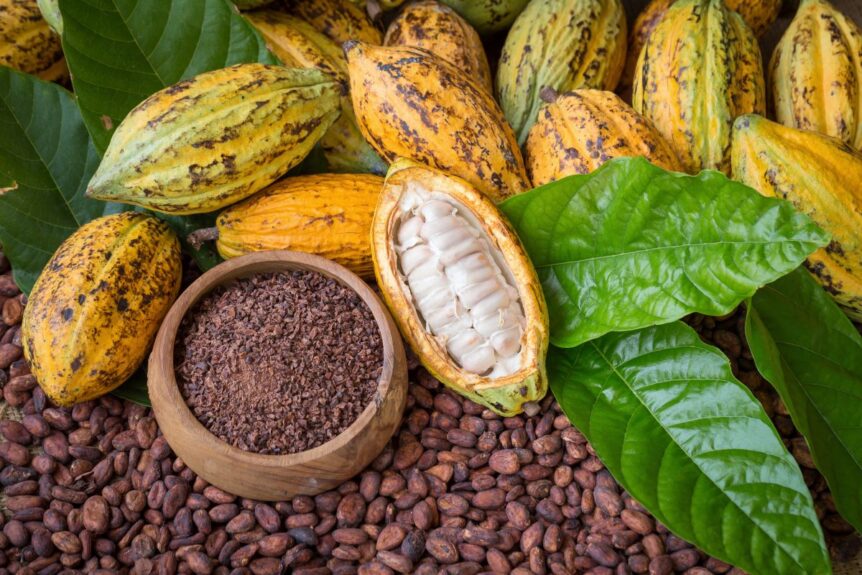The increase in costs of goods and services are setting many Americans back in many ways. If you have a sweet tooth, you might have to dock out more money for your favorite treats. The prices of cocoa might slowly but surely lead to breaking the bank. So why is cocoa getting so expensive?
Shrouded in Taboo Trade Practices
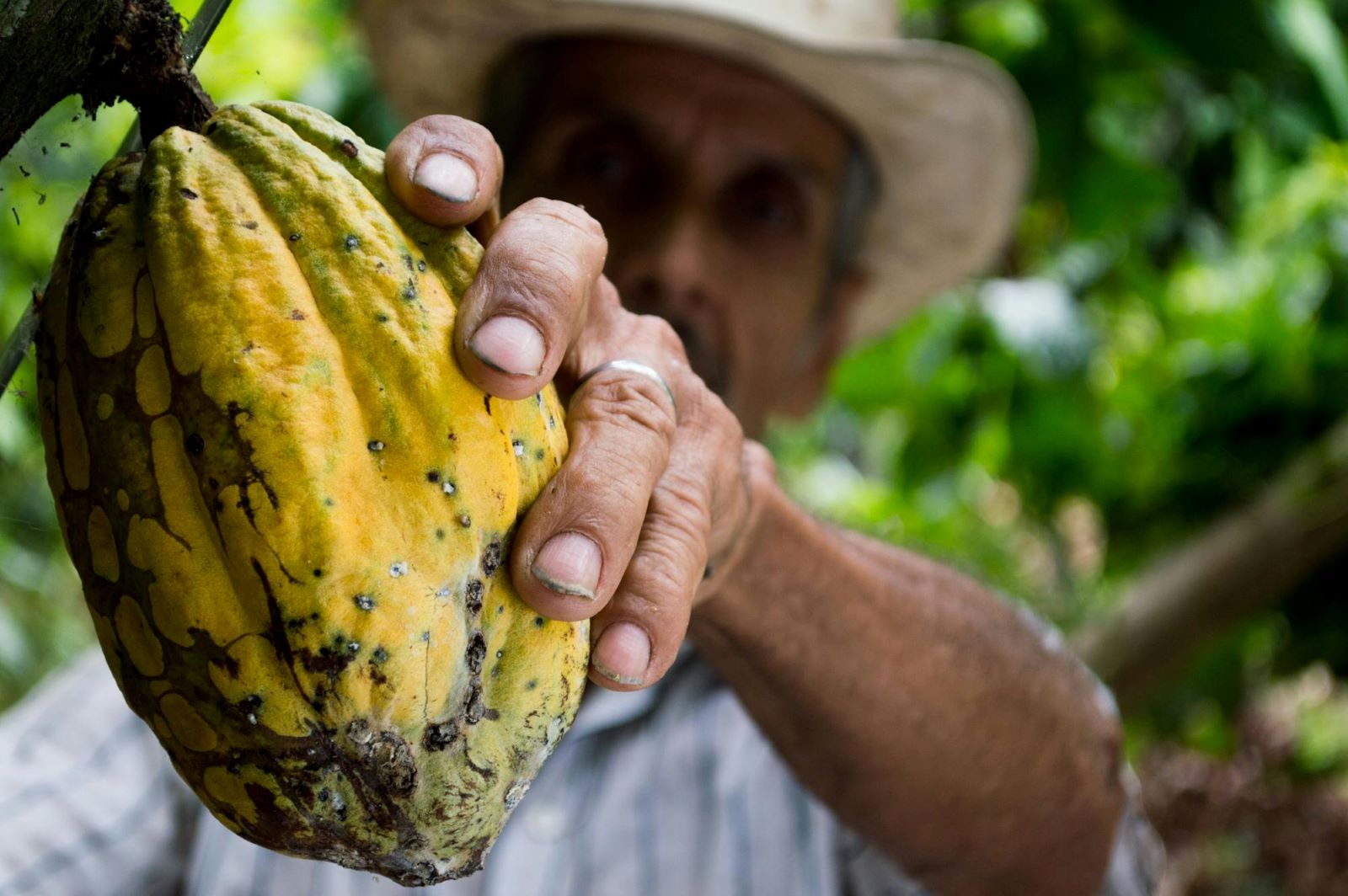
Image Credit: Pexels / Pixabay
Cocoa is one of the ingredients known to be harvested unethically in Africa, South America, and other parts of the world. Major brands have reaped the benefits of low-cost labor while selling chocolate and cocoa-based candies at a higher price. Often even more than what laborers are paid for doing the hard work.
Western Africa Cocoa Production
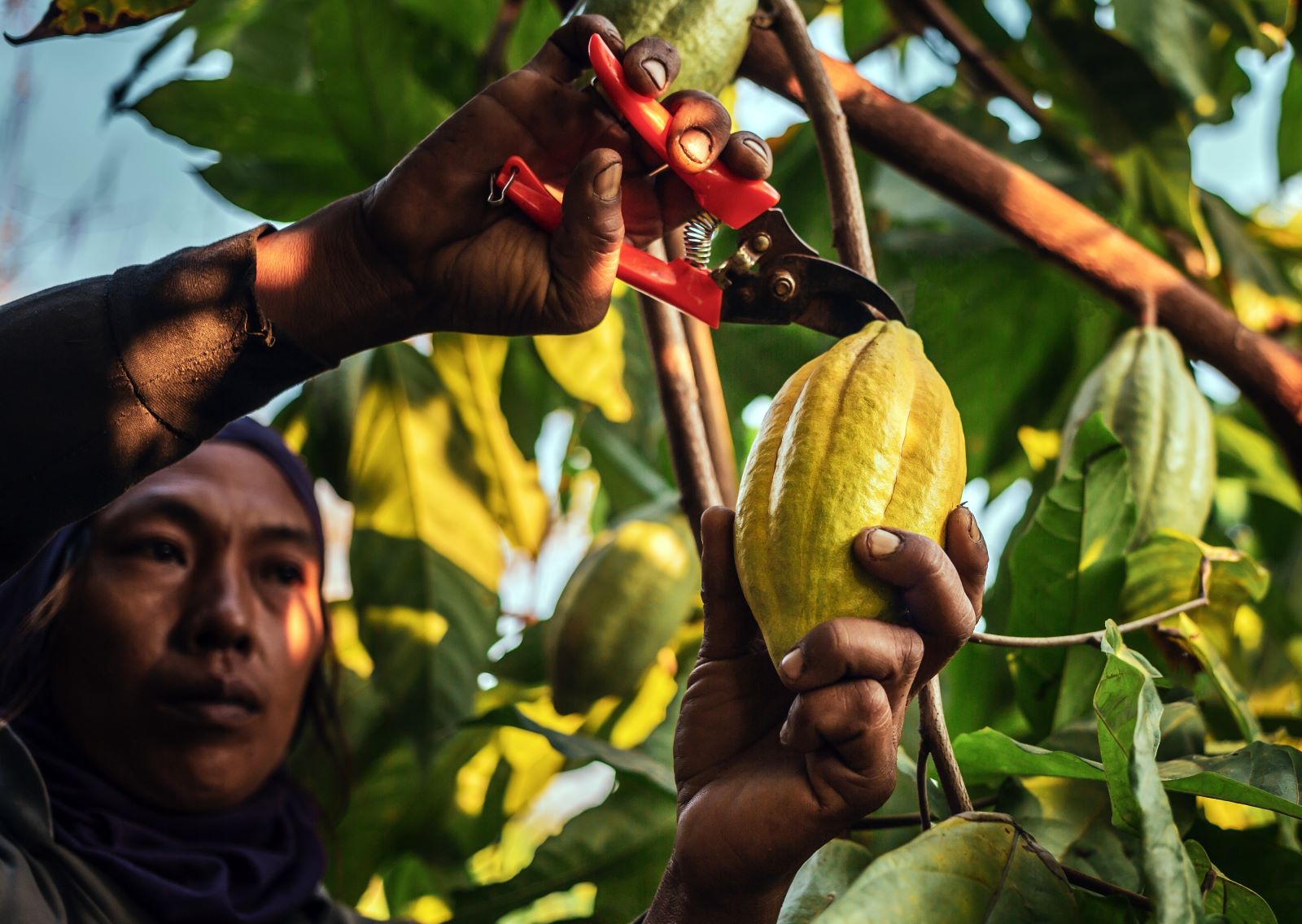
Image Credit: Shutterstock / Narong Khueankaew
West African countries, including Ghana, the Ivory Coast, Cameroon, and Guinea, are just some of the countries that supply more than 67% of the world’s cocoa.
Child Labor

Image Credit: Shutterstock / Pressmaster
According to The Food Empowerment Project, countries like Sierra Leone, Nigeria, and Cameroon are known for using child labor. The World Wildlife Organization (WWF) statistics show that more than 2 million children are used on cocoa farms.
Hazardous Environments for Children

Image Credit: Shutterstock / Thx4Stock team
These regions in Africa using child labor are often plagued with hazardous aspects.
Modern Slavery

Image Credit: Shutterstock / Salivanchuk Semen
However, it’s not just child labor on some of these cocoa farms in West Africa. The use of modern slavery is also prominent.
South America Faces the Same Situation as Africa

Image Credit: Shutterstock / HTWE
In some Latin American regions like Brazil, child labor and slavery are also common practices for producing cocoa on farms.
Illegal Deforestation
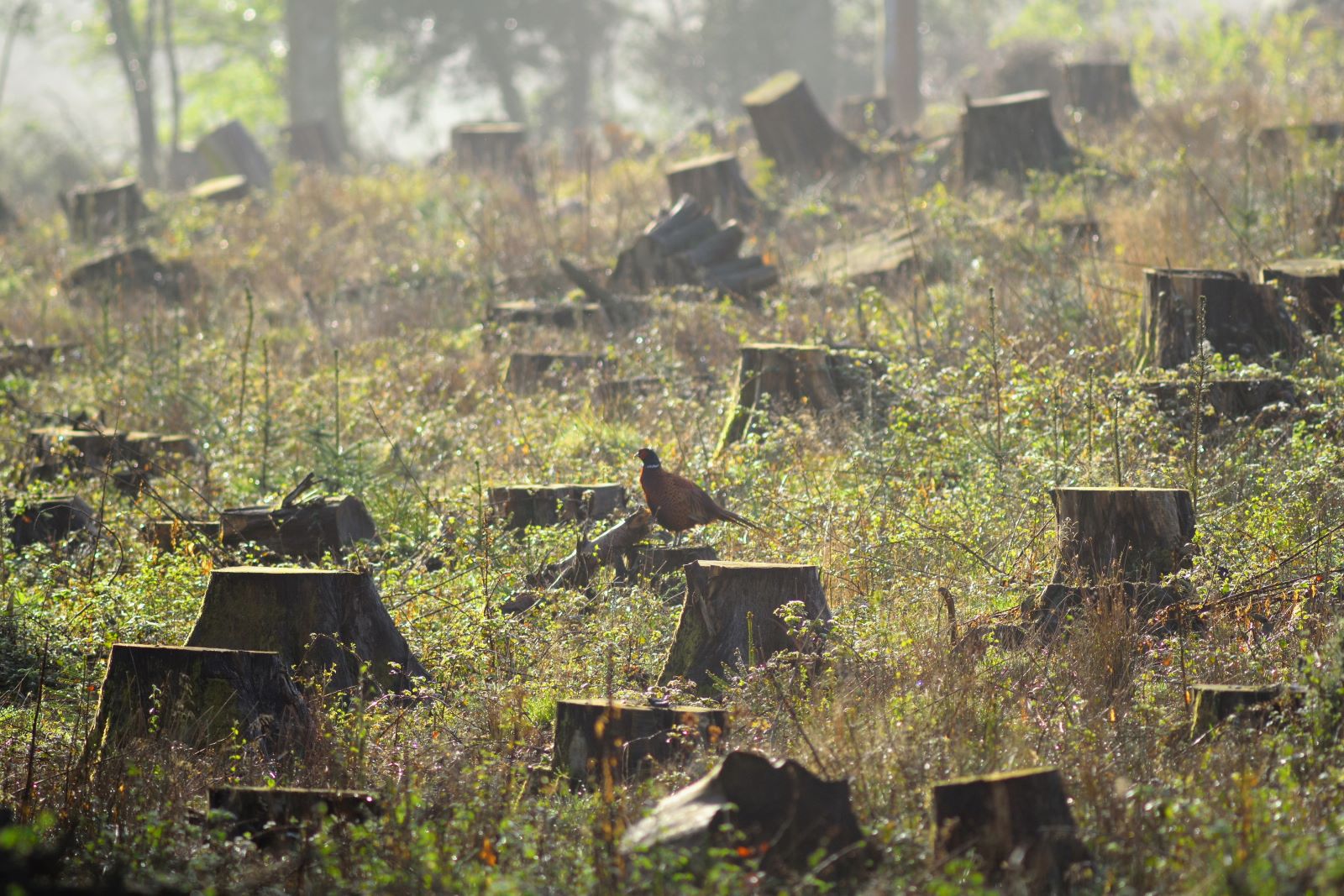
Image Credit: Shutterstock / Savo Ilic
The WWF notes that illegal deforestation is another reason cocoa resources are depleting. The farmers deplete the forests and don’t reuse the same ground to plant cocoa trees, but new acres of land are used each time a new growing season starts.
Resources Becoming Low
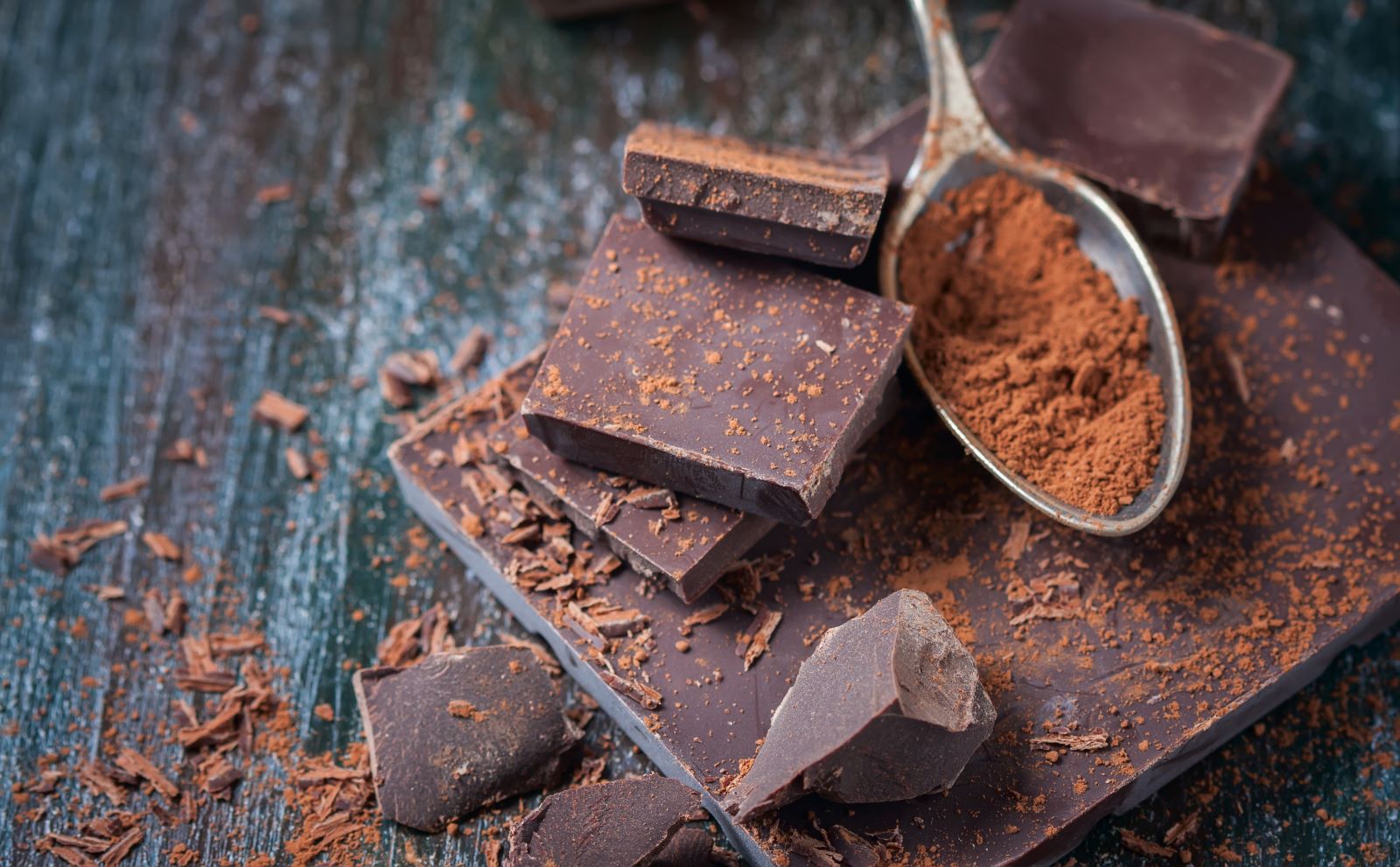
Image Credit: Shutterstock / Gulsina
The truth is that the world consumes more cocoa products than the speed of manufacturing them. The demand is higher than the production. According to the WWF, Americans consume “58 million pounds of chocolate during the week leading up to Valentine’s Day.”
Rising Prices Over the Years

Image Credit: Shutterstock / chayanuphol
According to CNBC, the price per metric ton of cocoa used to be $2,500 just a few years ago. The price has since skyrocketed to $11,000 per metric ton this year.
Major Players Paying Less

Image Credit: Shutterstock / Paola Paulino
Unlike smaller companies, CNBC has also said that larger chocolate giants like Mondelez, Hershey, and Ferrero are not affected just yet.
Terms Are Locked in Place

Image Credit: Shutterstock / fizkes
These larger companies have locked terms and contracts that keep their price at the same rate for a set period. However, reports also added that 2025 may start affecting the price increase for them too.
Larger Companies Still Need To Manage

Image Credit: Shutterstock / Salivanchuk Semen
Steve Rosentock, a Consumer Products Lead with Clarkston Consulting, has said in an interview with CNBC that the situation “is absolutely impacting the ways these companies are managing their businesses.”
Delays in Cocoa Deliveries
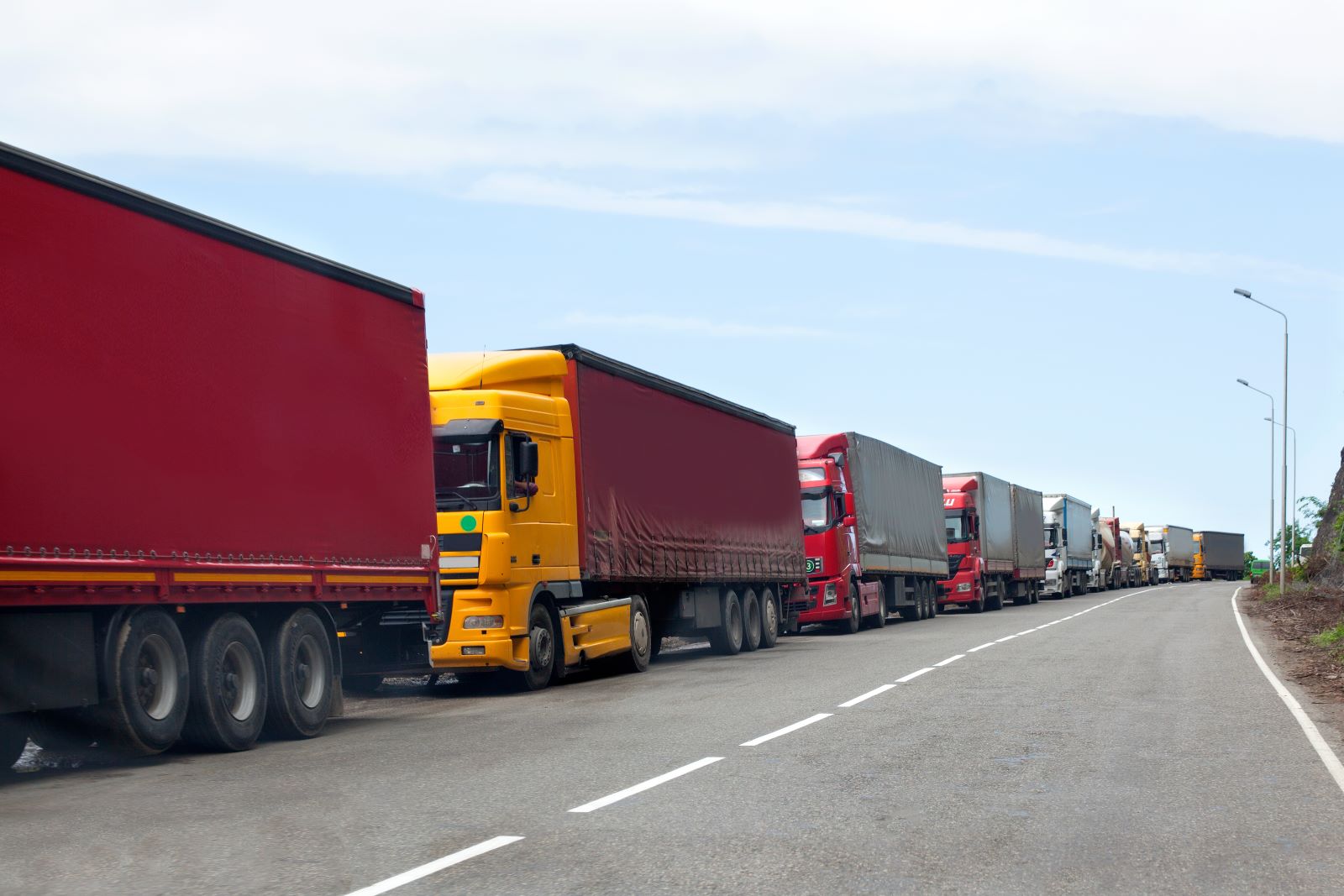
Image Credit: Shutterstock / Vera NewSib
A story covered by Reuters reported that Ghana has delayed 350,000 tons of cocoa beans for the next season. As a result of this massive delay, the prices of cocoa are set to rise even more.
Creative Juices Flowing

Image Credit: Shutterstock / ivan_kislitsin
Large companies are now stepping up their game and working around the shortage. According to Nick Modi, an RBC Capital Markets analyst, Hershey’s Reese’s Jumbo Cup has more peanut butter inside to compensate for the previous chocolate quantity.
Alternatives to Cocoa

Image Credit: Shutterstock / New Africa
Rosenstock also noted that some companies are resorting to “non-cocoa additives.” Companies may also use alternatives to cocoa butter, such as palm oils, shea butter, and coconut oil, he told CNBC.
Other Elements Also at Play in the Rising Cocoa Prices
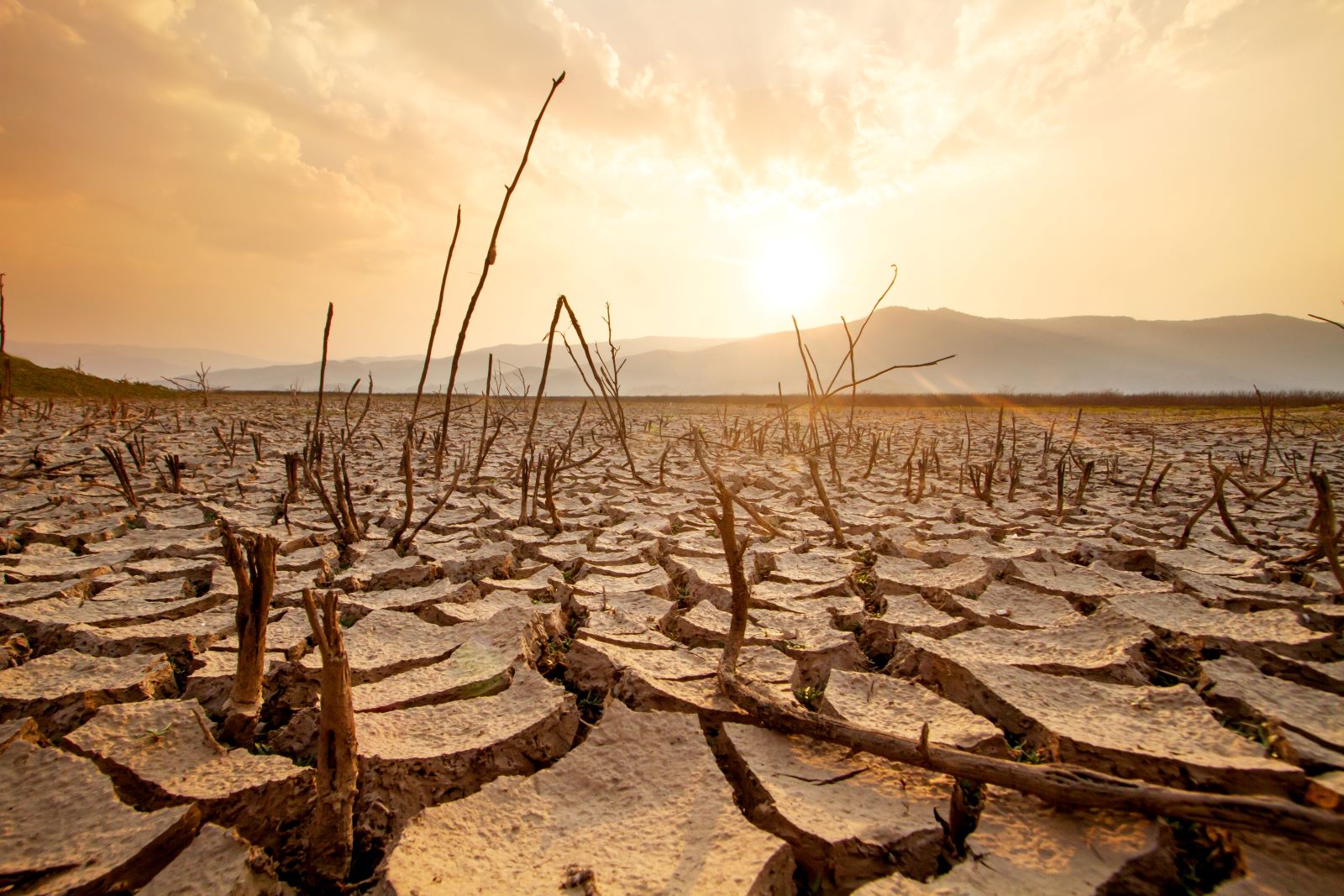
Image Credit: Shutterstock / Piyaset
Factors like climate change have affected many farmers, including the cocoa farmers. There are also government regulations and other negative aspects mentioned in this article that negatively affect the prices.
It Won’t Be the Last Increase

Image Credit: Shutterstock / SFIO CRACHO
While chocolate products are becoming expensive, experts predict that this won’t be the last we hear about the soaring cost of cocoa in the U.S. and internationally.
Solutions To Sustainable Cocoa Resourcing Are in Place

Image Credit: Shutterstock / wavebreakmedia
The WWF started its “Forever Chocolate” initiative to help increase fair trade and fight child labor and illegal deforestation within the cocoa industries. The company also wants to create 100% sustainable resources to benefit local farmers and create jobs.
Bracing for Price Impact on Favorite Choco Treats
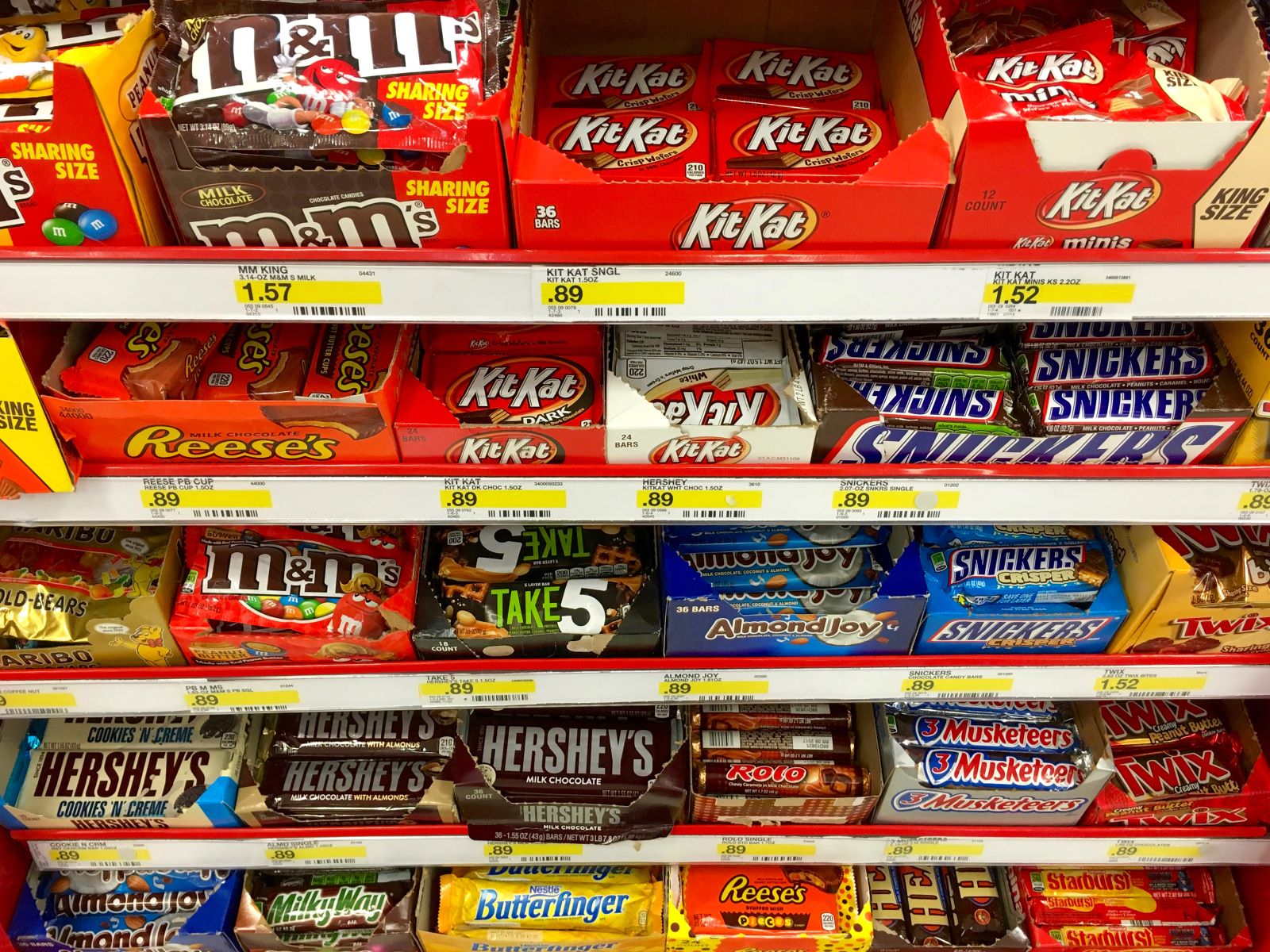
Image Credit: Shutterstock / Sheila Fitzgerald
If you love your chocolates, one of the best things we can possibly do as customers is brace for the staggeringly increasing prices. Reducing the number of chocolate treats per year might be a good option for others.
Oil Dumping Scandal Rocks Ships Heading to New Orleans

Image Credit: Shutterstock / Aerial-motion
Two shipping companies have been fined after knowingly hiding a large oil spill in the Atlantic Ocean. Oil Dumping Scandal Rocks Ships Heading to New Orleans
20 Eye-Opening Realities Facing Retiring Baby Boomers

Image Credit: Shutterstock / Jack Frog
As Baby Boomers approach retirement, the promise of leisure and security often seems unattainable. This generation faces unique challenges that could redefine retirement. Here’s a stark look at the realities shaping their outlook. 20 Eye-Opening Realities Facing Retiring Baby Boomers
Retail Apocalypse: Massive Closures Sweep Across U.S. Brands
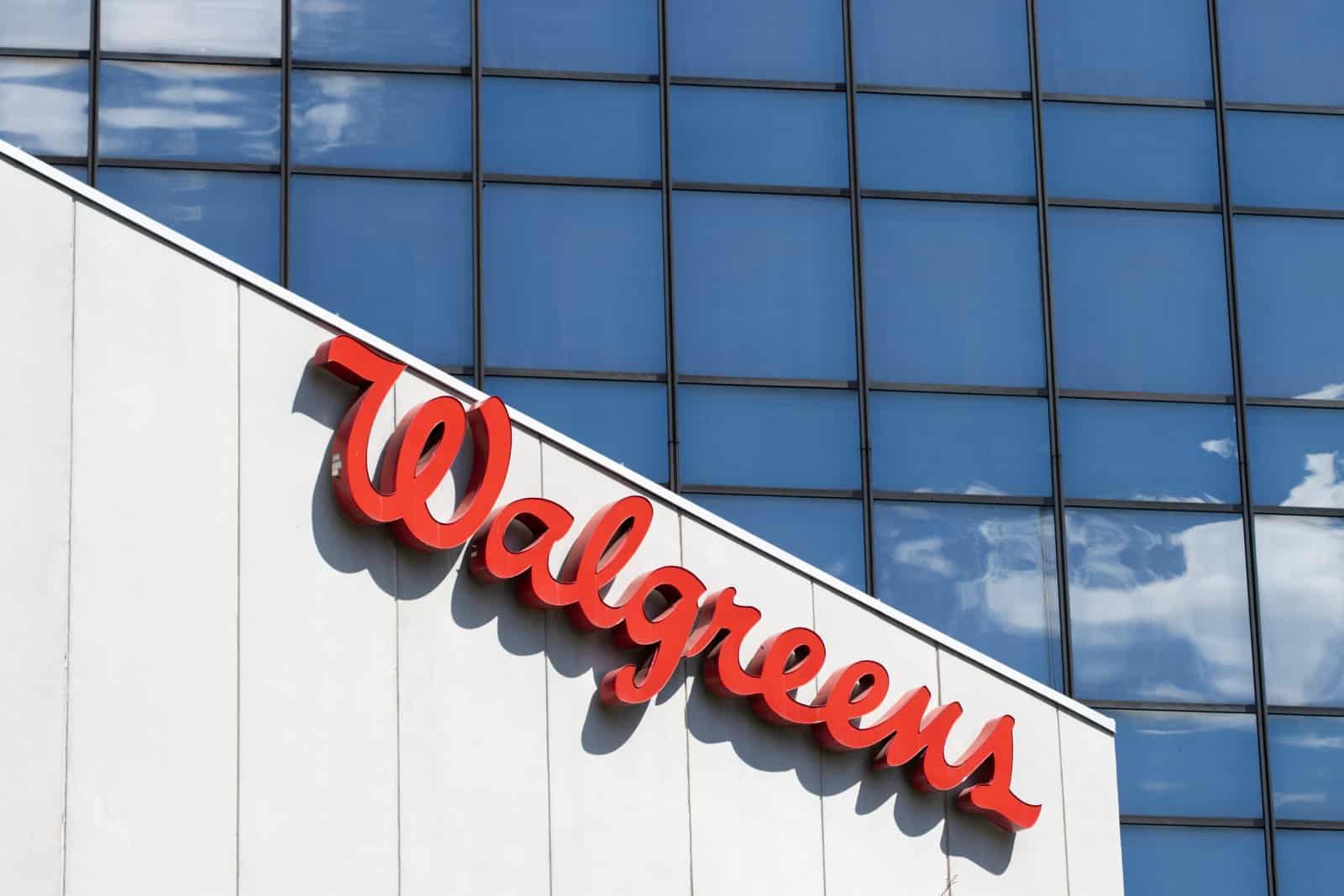
Image Credit: Shutterstock / Tada Images
Stores across the U.S. are closing at unprecedented levels, according to new research from advisory firm Coresight Research. Read on for more information about the impact this could have on you and your communities. Retail Apocalypse: Massive Closures Sweep Across U.S. Brands
Featured Image Credit: Shutterstock / Kaiskynet Studio.

